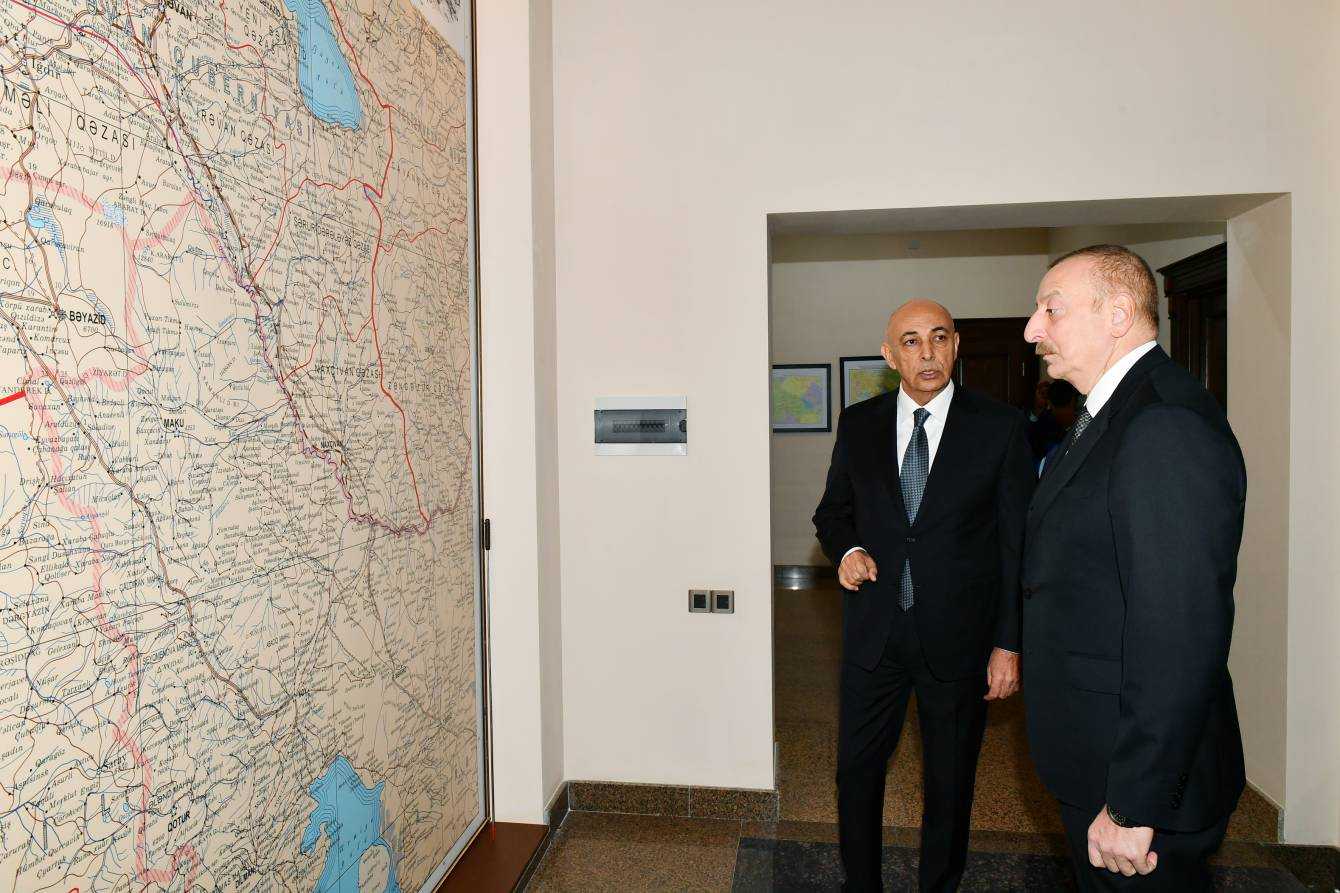Meta Oversight Board upholds decision to leave Armenian POW video on Facebook

Footage alleged to show injured Armenian soldiers being captured by their Azerbaijani counterparts will remain on Facebook, after Meta’s Oversight Board decided to uphold an earlier decision by the company.
The video, which was published on Facebook in October 2022, was not removed from the platform at the time despite violating Facebook’s Coordinating Harm and Promoting Crime Community Standard. Meta, Facebook’s parent company, cited the video’s newsworthiness and argued that public interest in seeing the content outweighed the risk to the captured soldiers’ safety and dignity.
Meta’s Oversight Board launched an investigation into the case in March of this year.
The video was not widely shared following its publication on the platform, and it remains unclear whether it remains on Facebook or has since been taken down.
According to Meta, the video was published on a page which identified itself as documenting Azerbaijani war crimes committed against Armenians in the Nagorno-Karabakh conflict, and appeared to show prisoners of war being captured.
‘The video shows people who appear to be Azerbaijani soldiers searching through rubble. The video has been edited so that their faces cannot be seen. They find people in the rubble who are described in the caption as Armenian soldiers. Some appear to be injured, others appear dead. They pull one soldier [sic] from the rubble, who cries out in pain. His face is visible and he appears injured’, the description of the video by the board read.
The video reportedly ends with an unseen person berating an injured soldier sitting on the ground in Russian and Turkish.
The video was published less than a month after the September 2022 Two-Day War between Armenia and Azerbaijan, which took place within Armenia, and resulted in Azerbaijan gaining territories and the two sides losing around two hundred soldiers in total.
In the weeks following the conflict, footage appearing to show Azerbaijani soldiers committing war crimes appeared online, including the mutilation of female soldiers and the execution of a group of Armenian soldiers.
Graphic evidence of war crimes in the Armenia-Azerbaijan conflict has in recent years frequently been published online, especially on platforms such as Telegram, which exercise little control over the content published. In some cases those posting celebrate the pictured actions, while others share the footage to discredit the other side.
A number of Telegram channels were created during the September fighting, sharing images and video of dead and wounded Armenian soldiers, as well as Armenian prisoners of war.
Tuesday’s decision by Meta’s Oversight Board found that Meta ‘correctly applied the newsworthiness allowance’ in deciding to allow the video to remain on Facebook, while adding a ‘mark as disturbing’ warning screen to it.
‘These decisions were consistent with Meta’s values and human rights responsibilities’, the decision reads.
The text of the decision also notes that it sets a precedent for Meta, raising ‘important questions’ about Meta’s content moderation in conflict situations, particularly in relation to revealing the identities and locations of prisoners of war.
While the decision notes that such footage could expose those pictured to immediate harm, it adds that it can also contribute to public debate and raise awareness of ‘violations of international human rights and international humanitarian law’.
‘It can also build momentum for action that protects rights and ensures accountability’, the board stated. ‘Meta did not have evidence that videos of this kind were producing […] negative effects but did see evidence that international organisations were using such videos to increase pressure on Azerbaijan to end mistreatment of prisoners of war.’
The Board’s decision was largely welcomed by Armenian media experts. Some, however, expressed concerns about the psychological effects of such content and its use in ‘hybrid’ warfare.
‘I still think that the video should not be allowed on the platform, as it constitutes information war against the Armenian society’, cyber security expert Artur Papyan wrote on Twitter. However, he described the board’s counter-arguments as ‘valid’ and deemed the judgement a ‘balanced’ one, especially in the context of similar cases in Ukraine and elsewhere.








